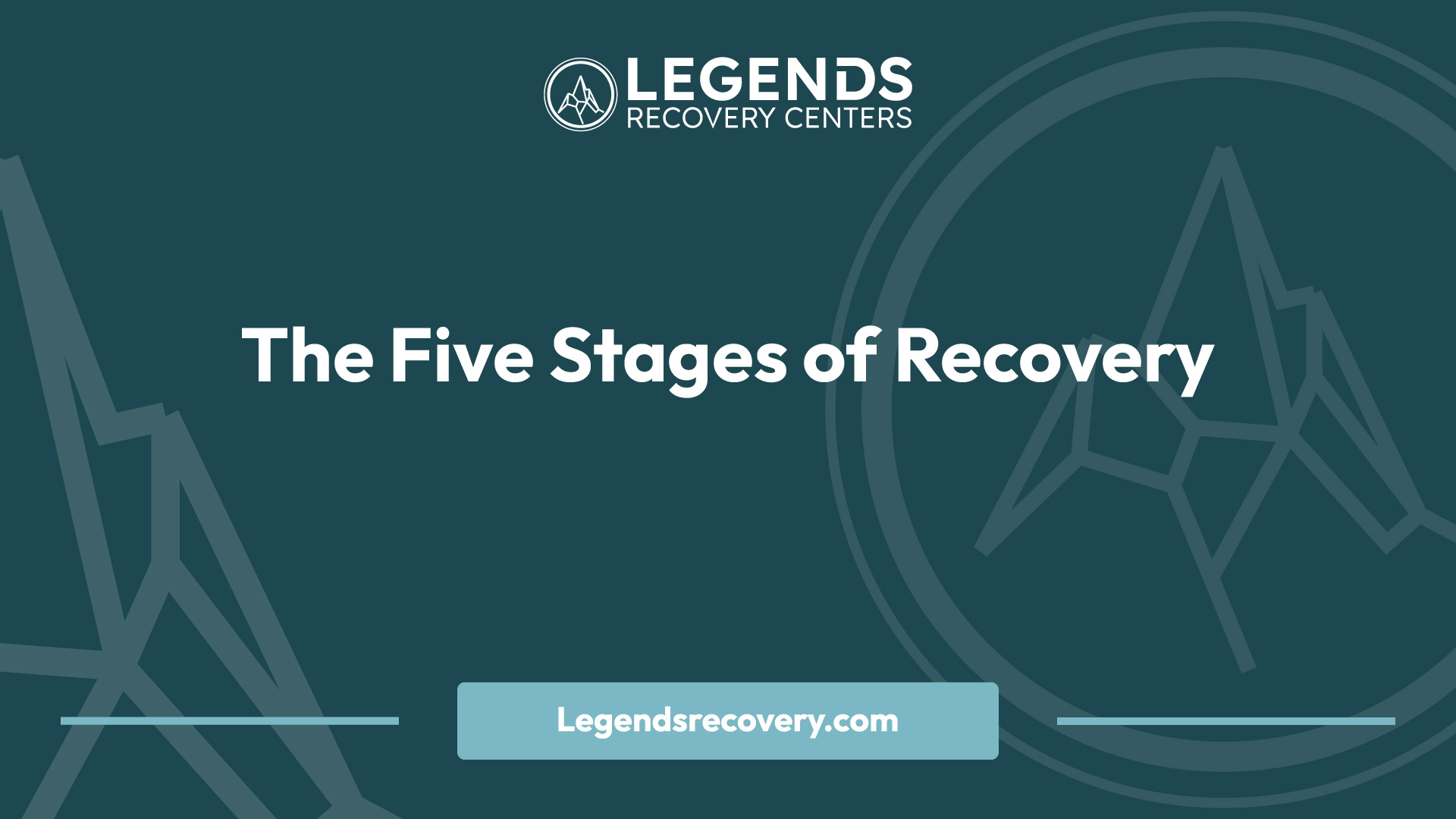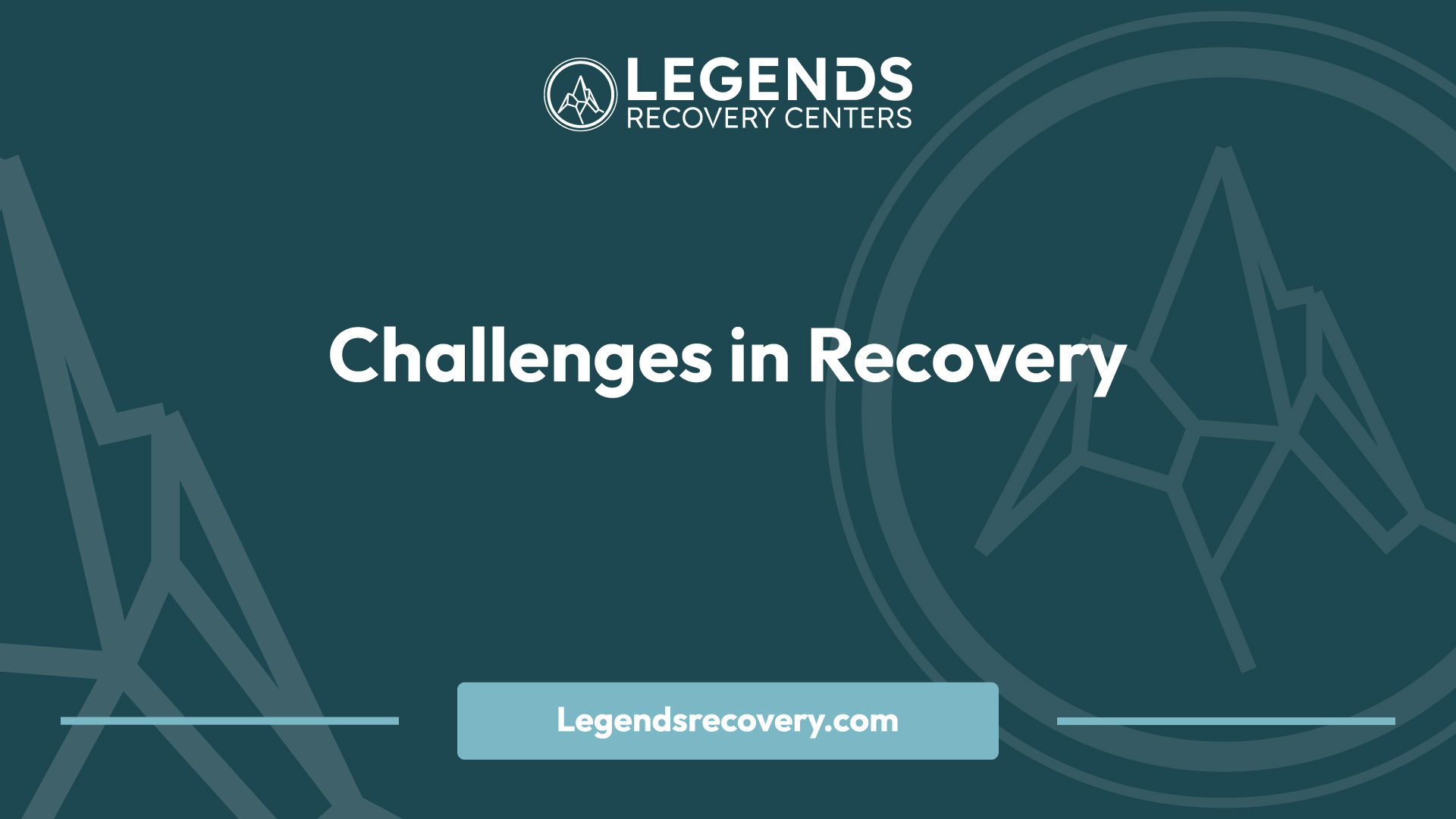Discover the five steps to getting clean and sober, overcoming challenges, and embracing a new life of sobriety.

Addiction recovery is a complex and personal journey that requires self-reflection, determination, and support. It involves recognizing the existence of a problem and taking steps towards a healthier and sober life. The process of addiction recovery consists of several stages, each playing a crucial role in the overall journey.

The first step in addiction recovery is acknowledging the presence of a problem. This can be a challenging and often daunting task, as it requires individuals to confront their addiction and the impact it has had on their lives. Recognizing the problem is a pivotal moment that opens the door to seeking help and embarking on the path to recovery.
During the pre-contemplative stage, individuals may not be fully aware that they have a problem. They may be experiencing difficulties and hardships due to their addiction, but have not yet begun to consider it as a serious issue [1]. This stage marks the beginning of the journey to recovery, where individuals may start to question their behavior and the impact it has on their well-being.
The journey to recovery is a unique and personal experience. It involves navigating through various stages, each with its own challenges and triumphs. The five stages of addiction recovery are:
Understanding these stages and the challenges they bring can help individuals navigate their journey to recovery with greater insight and resilience. It is important to remember that recovery is a continuous process, and seeking support from therapists, support groups, and building healthy relationships can significantly contribute to long-term success.
Recovery from addiction is a journey that involves several stages. Understanding these stages can provide individuals with a roadmap to navigate their path to sobriety. The five stages of recovery include the pre-contemplative stage, contemplative stage, preparation stage, action stage, and maintenance stage.

The pre-contemplative stage is the initial phase of addiction recovery. During this stage, individuals may be unaware or in denial of their addiction. They may exhibit defensiveness, justifications for their behavior, and an inability to recognize the negative impact of substance use. In this stage, it is common for individuals to focus on the perceived positive effects of drug or alcohol use. Support from family members and treatment facilities can play a vital role in guiding individuals to the next stage of recovery [2].
In the contemplative stage, individuals begin to recognize the benefits of becoming drug-free. They may experience contemplative readiness and a growing awareness of the negative consequences of their addiction. This stage serves as a critical point for both the individuals and their support network to guide them towards seeking help and taking the necessary steps towards recovery [2].
The preparation stage is a pivotal phase where individuals make the decision to address and treat their addiction. During this stage, individuals engage in emotional and mental preparation, research treatment options, evaluate accessibility of these options, and plan how to communicate their decisions to loved ones and workplaces. It is a time of gathering resources and setting the foundation for the next stage of recovery.
The action stage signifies a significant commitment to change. In this stage, individuals make substantial changes in their lives to support their recovery journey. Seeking professional help, engaging in self-care, developing self-understanding, and participating in counseling are essential aspects of the action stage. This stage may also involve dealing with relapse and learning from setbacks to develop resilience and continue progressing towards recovery.
The maintenance stage marks an ongoing commitment to maintaining recovery goals. It is a stage that may last a lifetime, requiring individuals to actively engage in strategies that prevent relapse. This can include joining support groups, identifying and avoiding triggers, and prioritizing self-care. Celebrating accomplishments and milestones while staying focused on long-term recovery is crucial during this stage.
Understanding the five stages of recovery provides individuals with a framework to navigate their journey towards sobriety. It is important to note that progress through these stages may not always be linear, and individuals may move back and forth between stages. Each stage presents unique challenges and opportunities for growth, making it essential to seek support, establish healthy coping mechanisms, and celebrate personal achievements along the way.
Recovery from addiction is a journey that is not without its challenges. Understanding and being prepared for these challenges can significantly contribute to maintaining sobriety. In this section, we will explore two common challenges faced by individuals in recovery: environmental triggers and relapse rates.

Environmental triggers refer to people, places, or situations that can evoke cravings or temptations to use substances. These triggers can vary from individual to individual and can include social settings where substance use is prevalent, certain locations associated with past substance use, or even specific people who may enable or encourage substance abuse.
Avoiding all potential triggers may be impossible, but it is crucial to identify and develop strategies to cope with them. This could involve finding sober hobbies or engaging in activities that promote a healthy and positive lifestyle [3]. Building a support network of individuals who understand and support your recovery journey can also provide assistance in navigating environmental triggers.
Relapse, defined as a return to substance use after a period of abstinence, is a common concern in addiction recovery. Research has shown that relapse rates can be high, particularly in the early stages of recovery. For individuals recovering from alcohol use disorder, relapse rates can be as high as 62% in the first year and up to 90% over a lifetime. For those with opioid use disorder, the chance of relapse can be as high as 91% [4].
Relapse should not be seen as a failure but rather as an opportunity for learning and growth. It is important to remember that recovery is a lifelong process, and setbacks can occur. Developing a relapse prevention plan with the help of a therapist or support group can assist in identifying triggers, learning coping strategies, and creating a roadmap for sustained sobriety.
By being aware of the challenges that may arise during the recovery journey, individuals can take proactive steps to address and overcome them. Seeking support from therapists, joining support groups, and fostering healthy relationships are essential components of maintaining sobriety. It is also important to have a structured daily and weekly schedule that prioritizes self-care and healthy living. Remember, recovery is possible, and with the right tools and support, individuals can navigate these challenges and achieve a fulfilling sober life.
Recovering from addiction requires a strong support system to navigate the challenges and maintain sobriety. Here are three key sources of support that can be instrumental in the journey to getting clean and sober.
Seeking therapeutic support is an essential component of addiction recovery. A therapist can provide a safe and non-judgmental space to explore the underlying causes of addiction, address emotional and mental health issues, and develop healthier coping mechanisms. Through individual therapy sessions, a person can gain valuable insights into their addiction triggers, learn effective strategies to manage cravings, and work towards long-term recovery goals.
Therapeutic support can take various forms, such as cognitive-behavioral therapy (CBT), dialectical behavior therapy (DBT), or motivational interviewing. The specific approach may vary depending on individual needs and preferences. It's important to find a therapist who specializes in addiction and has experience working with individuals in recovery.
Joining a support group can offer a sense of community and understanding during the recovery journey. Support groups provide an opportunity to connect with others who have similar experiences and challenges. Sharing stories, insights, and strategies for maintaining sobriety can be empowering and inspiring.
Groups like Alcoholics Anonymous (AA) and Narcotics Anonymous (NA) follow a 12-step program that encourages self-reflection, personal growth, and accountability. These meetings provide a platform to discuss struggles, celebrate milestones, and receive support from individuals who have walked a similar path. Online support groups and forums can also be valuable resources, providing access to a broader network of individuals in recovery.
Developing and nurturing healthy relationships is crucial for maintaining sobriety. Surrounding yourself with supportive loved ones who understand and encourage your recovery journey can make a significant difference. Supportive relationships can provide emotional support, accountability, and a sense of belonging.
It's important to prioritize relationships that are free from enabling behaviors, co-dependency, and substance use. Toxic relationships can undermine progress and increase the risk of relapse. Building and maintaining healthy boundaries is essential for protecting your sobriety and overall well-being.
By seeking therapeutic support, joining support groups, and cultivating healthy relationships, individuals in recovery can access the resources and encouragement necessary to maintain sobriety and build a healthier life. Remember, everyone's journey is unique, and finding the support that aligns with your needs and values is key to long-term success. For more tips on sober living and finding support, explore our articles on finding sober hobbies and staying sober on Thanksgiving.
As individuals embark on their journey to getting clean and sober, staying motivated plays a crucial role in their success. Here are two practical steps that can help individuals maintain their motivation throughout the recovery process.
Setting goals is an essential step in staying motivated on the path to recovery. By clearly defining what one wants to achieve, individuals can organize their thoughts, stay focused, and maintain their motivation without losing steam. Goals provide a sense of direction and purpose, giving individuals something to strive for.
When setting goals, it's important to break them down into small, easily achievable tasks. This approach sets individuals up for success, keeps them motivated, and helps avoid procrastination. By simplifying goals, individuals can overcome any feelings of overwhelm and make steady progress towards their ultimate objectives.
To implement this approach, individuals can create a to-do list or a task tracker to document their goals and the specific actions required to achieve them. By checking off completed tasks, individuals can experience a sense of accomplishment and stay motivated to continue their self-improvement journey.
Celebrating achievements, no matter how small, is an important part of staying motivated on the path to recovery. Acknowledging and rewarding oneself for reaching milestones and accomplishing goals can positively reinforce productive behavior and inspire individuals to continue their efforts. By recognizing and appreciating their progress, individuals can maintain their motivation and enthusiasm throughout their journey.
To celebrate achievements, individuals can:
Remember, celebrating achievements is not limited to major milestones. Even the smallest steps forward are worthy of recognition and celebration. This positive reinforcement can fuel motivation and strengthen the resolve to continue the journey towards a clean and sober life.
By setting goals and celebrating achievements, individuals can stay motivated on their path to recovery. These practical steps, when combined with other forms of support such as therapeutic support, support groups, and healthy relationships, can contribute to a successful and fulfilling recovery journey.
When it comes to addiction recovery, there are alternative therapies and practices that can complement the traditional treatment methods and provide a more holistic approach to achieving and maintaining sobriety. In this section, we will explore two key aspects of holistic recovery: alternative therapies and celebrating success.
Alternative therapies offer comprehensive perspectives and potential benefits in reducing substance dependence and enhancing mental well-being [6]. These therapies can be used alongside evidence-based treatments to address the physical, emotional, and spiritual aspects of addiction recovery.
These alternative therapies should always be pursued under the guidance of trained professionals and integrated with traditional treatment approaches to ensure safety and efficacy.
Celebrating success in addiction recovery is crucial to stay motivated and focused on recovery goals. By acknowledging milestones and accomplishments, individuals can reinforce their commitment to sobriety and build a positive mindset. Here are some ways to celebrate success:
Remember that celebrating success is an ongoing process throughout addiction recovery. It reinforces your determination and resilience, reminding you of the progress you have made and the positive changes you continue to embrace.
By incorporating alternative therapies and celebrating success, individuals can enhance their addiction recovery journey and cultivate a more holistic approach to sobriety. These practices, when combined with support from therapeutic professionals, support groups, and healthy relationships, can contribute to long-term success and well-being in recovery.